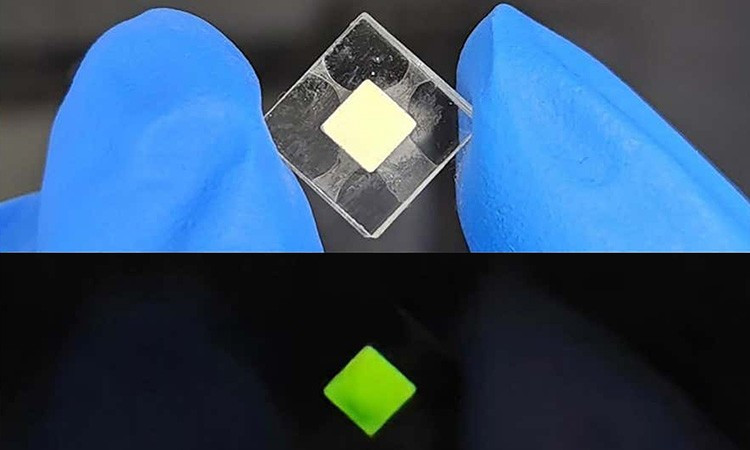
As Japan continues to push the boundaries of space exploration, the development of this nuclear battery holds great potential for future missions.
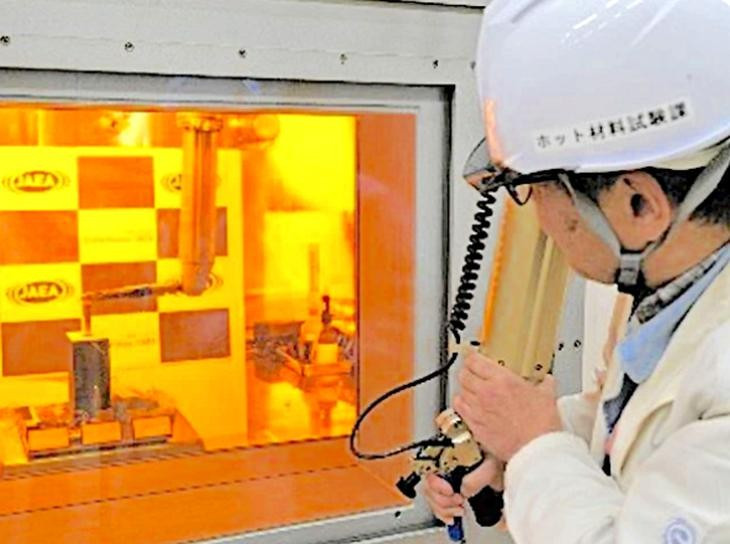
The Japan Atomic Energy Agency (JAEA) said it has begun developing a small but surprisingly powerful nuclear battery that can convert the decay heat of a type of radioactive waste into electricity for use as an energy source in space probes.

Masahide Takano, head of the research team at the Japan Atomic Energy Agency (JAEA), points out plans to use americium in small batteries for space probes. Photo: Japantimes
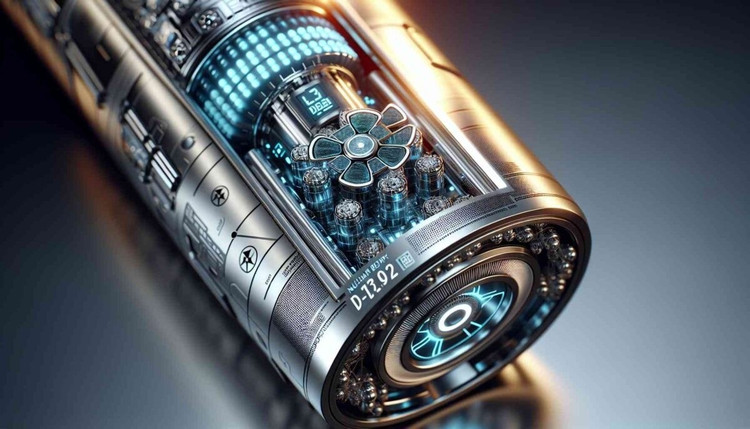
At the heart of this revolutionary battery technology is americium, a radioactive element derived from the decay of plutonium in spent nuclear fuel.

By harnessing the power of radioactive waste, this advanced nuclear battery is designed to power space probes for more than 100 years, providing a reliable alternative to solar power in regions of space where sunlight is scarce.
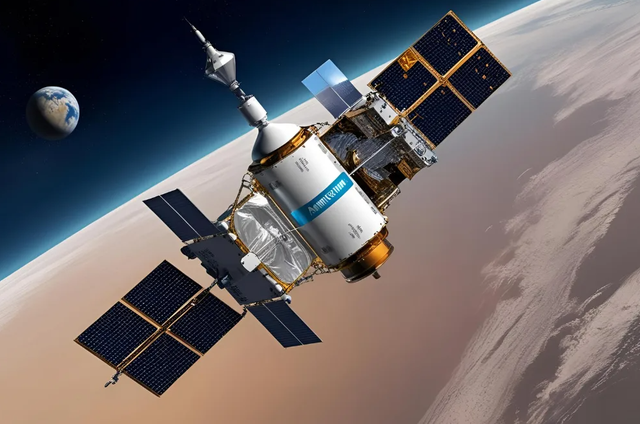
JAEA aims to complete a prototype by early 2029 through partnerships with organizations including the government-affiliated National Institute of Advanced Industrial Science and Technology (AIST).
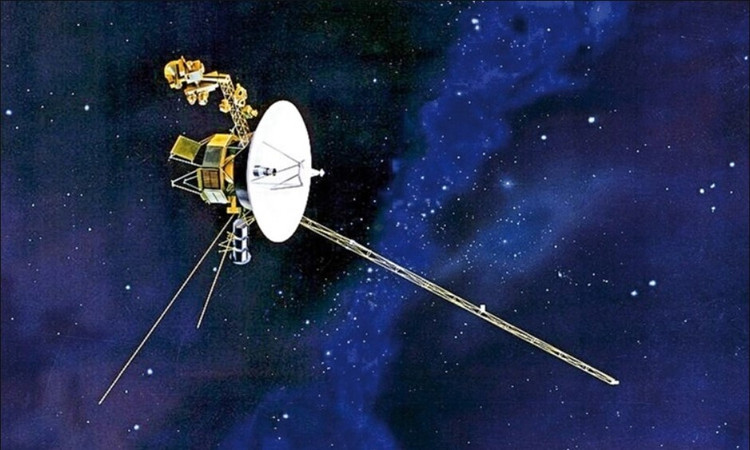
Americium – unlike plutonium, which faces strict legal restrictions in Japan – offers a viable alternative to power space probes, promising to make the potential for exploring asteroids, distant planets and the dark side of the Moon increasingly feasible.
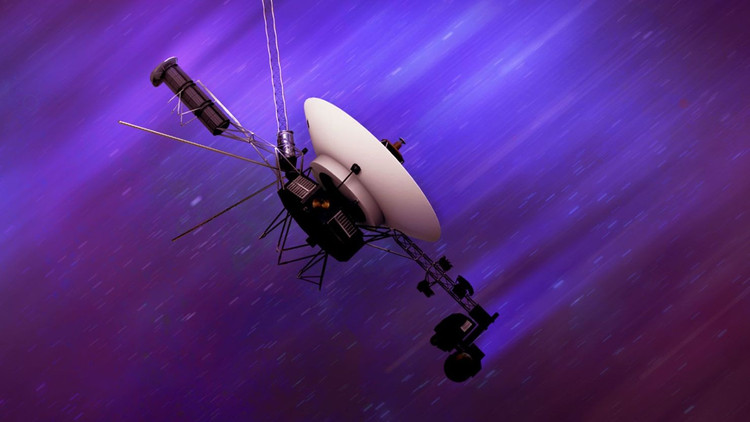
“If put into practical use, americium batteries could be used almost permanently as a power source for communications and sensors on space probes,” said Masahide Takano, senior researcher at JAEA’s NXR Development Center. Photo: NASA
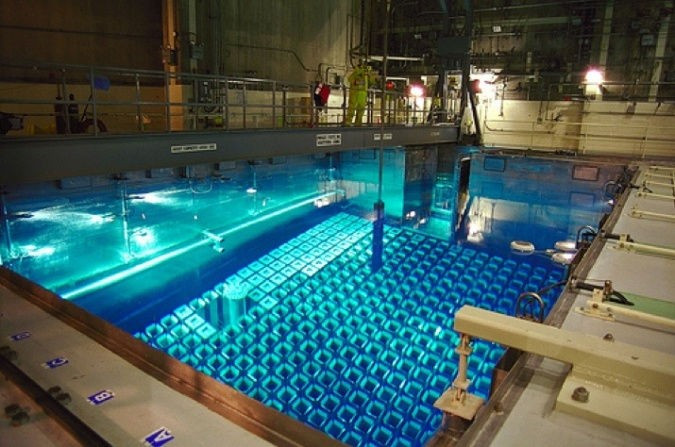
To ensure a stable supply of americium for its nuclear battery project, JAEA has come up with a method to extract the element from uranium-plutonium mixed oxide (MOX) fuel.
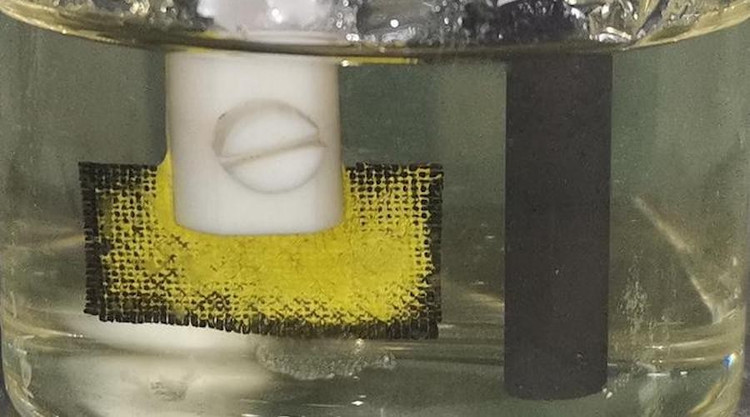
This fuel is now available within JAEA's possession, serving as an important resource for americium extraction.

The United States has used plutonium-based nuclear batteries since the 1960s, installing them on the Voyager interstellar probe and other machines.

Plutonium produces a high exothermic heat, or heat released by radioactive decay, making it ideal for generating electricity. But Japan has strict legal restrictions on handling and transporting the element.
Source: https://khoahocdoisong.vn/xuat-hien-pin-hat-nhan-cuc-trau-ben-bi-chay-suot-1-the-ky-post1541810.html


![[Video] Forecast of benchmark scores of mid-ranking universities to drop sharply](https://vphoto.vietnam.vn/thumb/1200x675/vietnam/resource/IMAGE/2025/7/18/be12c225d0724c00a7e25facc6637cb9)












































































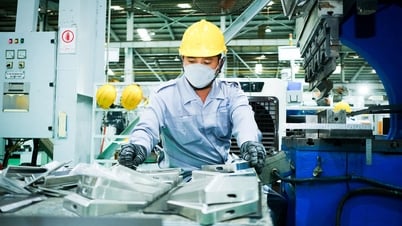















![[Infographic] In 2025, 47 products will achieve national OCOP](https://vphoto.vietnam.vn/thumb/402x226/vietnam/resource/IMAGE/2025/7/16/5d672398b0744db3ab920e05db8e5b7d)







Comment (0)